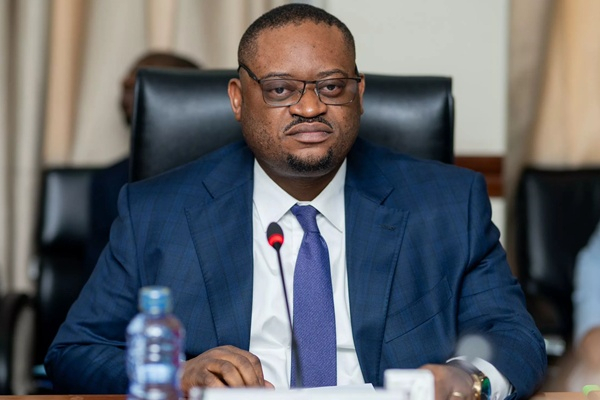The Democratic Republic of Congo (DRC) could use debt swaps to finance climate action. At least, according to Congolese Finance Minister Doudou Fwamba Likunde. "As the DRC positions itself as a solution country in the face of climate change, debt swap (or debt-for-nature exchange) represents an innovative opportunity to convert part of our debt into strategic investments," Likunde said at a workshop held on November 21, 2024, in Kinshasa. A study of a swap mechanism for public debt to finance climate action was presented during the session.
Regarding the strategic investments he mentioned, Minister Likunde focused on developing the battery and electric vehicle value chain. He claimed this path would address the need for greening through electric mobility and structural changes by providing quality jobs, improving living standards, and strengthening climate resilience.
According to an October 2022 report from the African Development Bank (AfDB), a debt-for-nature swap involves canceling a certain amount of sovereign debt in exchange for environmental action from the debtor country. This debt can be canceled directly by the creditor, as seen in official bilateral swaps, or bought back at a discount by a donor organization, often a leading NGO specializing in environmental protection, which then proceeds to cancel similar debt.
Regarding the study presented during last week’s workshop, it has identified potential creditors interested in this type of operation. However, the DRC must identify specific projects for the debt-for-nature swap, quantify them, and ensure they meet lenders' criteria.
A double-edged Sword
As more wealthy countries historically the biggest polluters fail to meet their commitments to support poorer countries in financing resilience and adaptation to climate change, there is renewed interest in debt swaps, first used in the late 1990s. However, the DRC could mobilize significant sums differently, given its low indebtedness (less than 16% of GDP). According to official data, the DRC's international debt stood at $6.8 billion at the end of Q2 2024, with 80% held by Bretton Woods institutions (IMF and World Bank). Generally speaking, multilateral donors dominate all external debt.
Using debt swaps could also be counterproductive for the country. "At least in the case of commercial debt, any form of renegotiation of the initial terms of the bond or loan, even to conserve biodiversity, will naturally harm the country's credit assessment," believes the AfDB. This could lead to a downgrade of its rating and an increase in future borrowing costs.
In the DRC, the climate emergency is evident through river flooding that forces tens of thousands of families to abandon their fields and homes. The direct consequence is a humanitarian and food crisis that often falls on the government. The country is therefore trying to leverage all existing mechanisms to mobilize resources for climate action. Under a new program with the International Monetary Fund, authorities are working to obtain $1.1 billion in financing dedicated to this cause.
George Auréole Bamba










